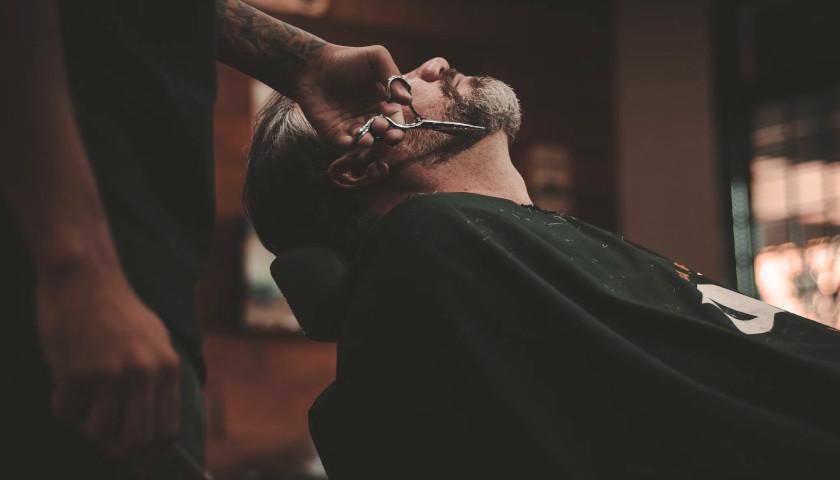A Republican Ohio state representative introduced legislation to protect healthcare workers and patients from harmful surgical smoke exposure.
House Bill (HB) 104, sponsored by State Representative Monica Robb Blasdel (R-Columbiana County), aims to require Ohio’s hospitals and ambulatory surgical centers to adopt and implement a policy to prevent human exposure to surgical smoke.
According to Robb Blasdel (pictured above), this legislation will provide overdue protection to operating room staff and patients in the state.
“This legislation will provide overdue protection to operating room staff and patients in our state. With our world-class medical institutions, Ohio is a destination state for surgeries, and it is imperative that we uphold the highest standards of purity in our operating rooms,” Robb Blasdel said.
According to the National Institute for Occupational Safety and Health, in the United States, nearly 500,000 healthcare workers are exposed to surgical smoke every year as a result of laser and electro-surgical tissue destruction. The smoke can compromise respiratory health and potentially spread infections like the Human Papillomavirus (HPV) since it contains viruses, bacteria, poisonous gases, blood fragments, and cellular debris.
The National Institute for Occupational Safety and Health reports that short-term symptoms resulting from inhalation of surgical smoke can include health effects ranging from eye, nose, and throat irritation to emphysema, asthma, or chronic bronchitis.
Studies by Dr. Kay Ball of Otterbein University demonstrate that operating room nurses report about twice the instances of respiratory health complications as the general population.
To combat these hazards, The National Institute for Occupational Safety and Health and Dr. Ball advise employing tools made to seize, filter, and get rid of surgical smoke before it gets in people’s eyes or respiratory systems as a way to avoid these risks.
According to Robb Blasdel, hospitals following these recommendations generally use small, portable evacuation and filtration systems to achieve this.
Although there are recommendations in place to protect both patients and healthcare workers from this exposure, according to National Institute for Occupational Safety and Health epidemiologist Dr. Andrea Steege, healthcare facilities do not widely follow these safety precautions.
“OSHA (The Occupational Safety and Health Administration) estimates that one-half million healthcare workers are exposed to surgical smoke each year. We found that while guidelines have been available to protect these workers for over 20 years, they are not widely followed. It is important for employers and workers to understand the risks and take steps to put recommended controls into practice,” Steege said.
The proposed legislation would require each hospital offering surgical services and ambulatory surgical center to adopt and implement a policy designed to prevent human exposure to surgical smoke during any planned surgical procedure likely to generate surgical smoke. The policy shall include the use of a surgical smoke evacuation system.
According to Robb Blasdel, the bill emphasizes the state’s dedication to sustaining the highest medical innovation and quality standards.
“It is imperative that we uphold the highest standards of purity in our operating rooms. Ohio must continue to lead the country in health care quality and innovation and enact this legislation now,” Robb Blasdel said.
Eleven other states have passed similar laws, and more legislators nationwide are hearing surgical smoke proposals.
The legislation is currently under review in the House Public Health Policy Committee.
– – –
Hannah Poling is a lead reporter at The Ohio Star and The Star News Network. Follow Hannah on Twitter @HannahPoling1. Email tips to [email protected]
Photo “Monica Robb Blasdel” by Ohio House of Representatives. Background Photo “Physician and Nurse” by Francisco Venâncio.





